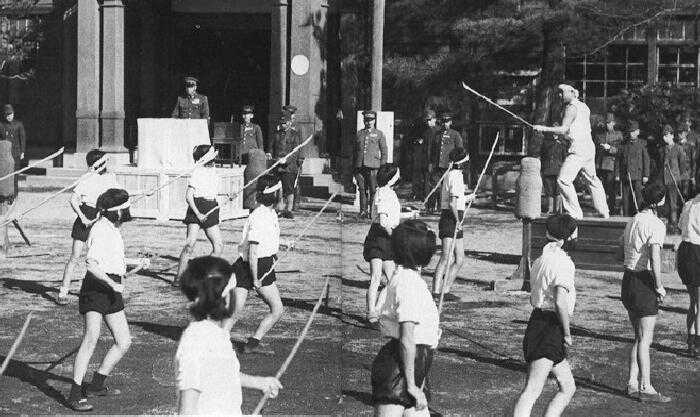From July 3, 1945, to January 3, 1946, the Allies incarcerated ten German nuclear physicists at the English country estate of Farm Hall. Like most POW camps for important German officials, the estate was filled with bugs. This is a transcript of the private conversations the POWs had when they learned of the Hiroshima bombing.
Operation "Epsilon" (6th-7th August 1945) National Archives and Records Administration, College Park, MD, RG 77, Entry 22, Box 164
Whenever the Germans refer to an ENGINE or NUCLEAR ENGINE, they're talking about nuclear power plants. The ten individuals are Erich Bagge, Kurt Diebner, Walther Gerlach, Otto Hahn, Paul Harteck, Werner Heisenberg, Horst Korsching, Max von Laue, Carl Friedrich von Weizsäcker, and Karl Wirtz.
Operation "Epsilon" (6th-7th August 1945) National Archives and Records Administration, College Park, MD, RG 77, Entry 22, Box 164
Whenever the Germans refer to an ENGINE or NUCLEAR ENGINE, they're talking about nuclear power plants. The ten individuals are Erich Bagge, Kurt Diebner, Walther Gerlach, Otto Hahn, Paul Harteck, Werner Heisenberg, Horst Korsching, Max von Laue, Carl Friedrich von Weizsäcker, and Karl Wirtz.

